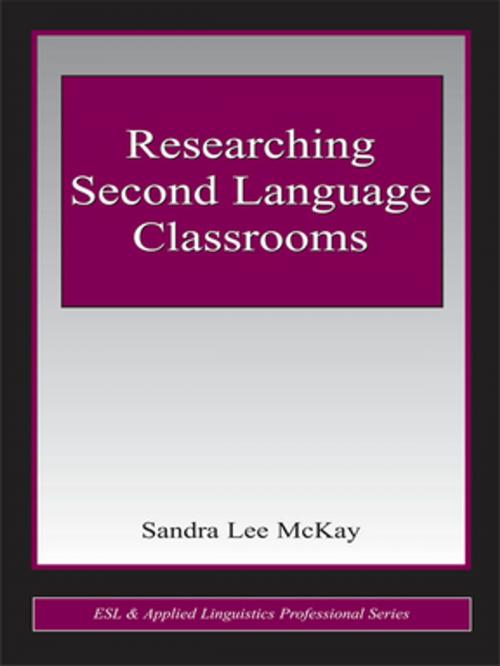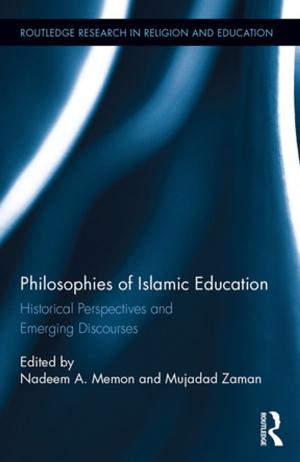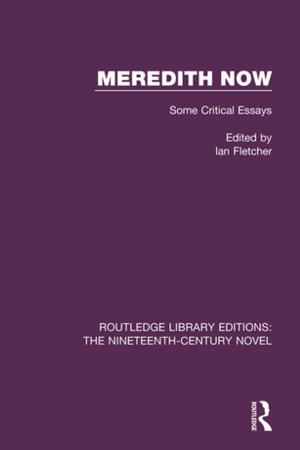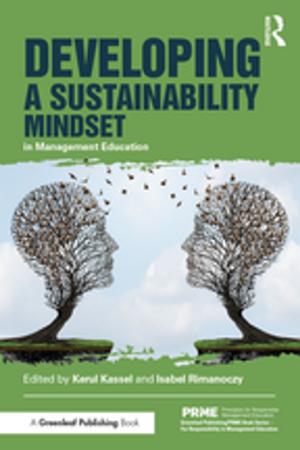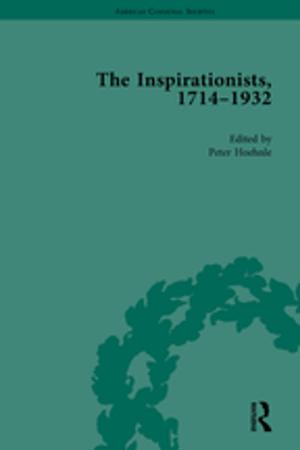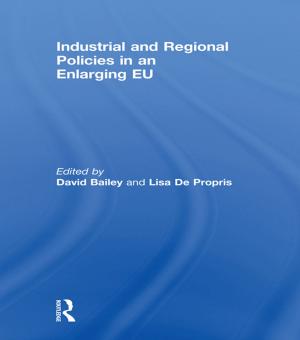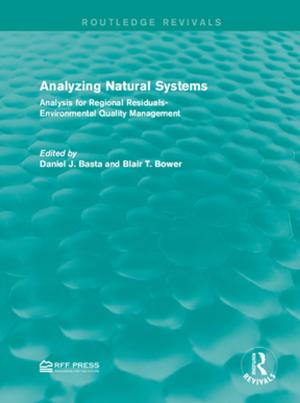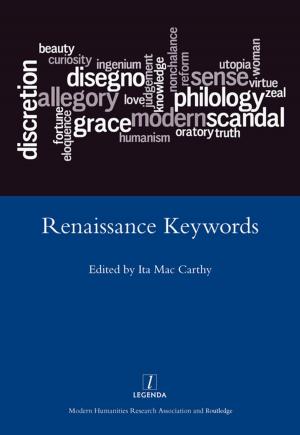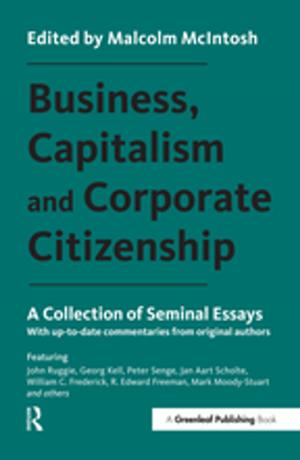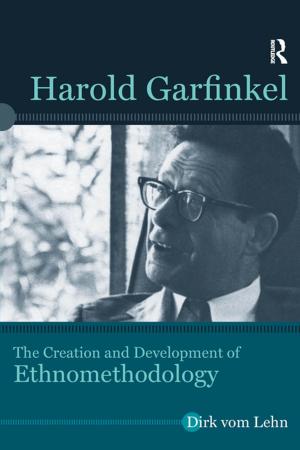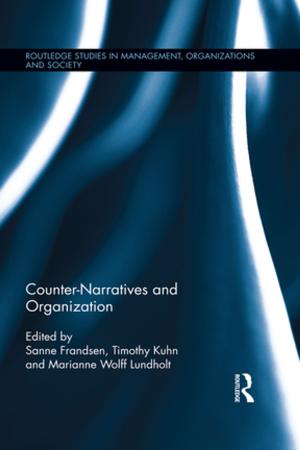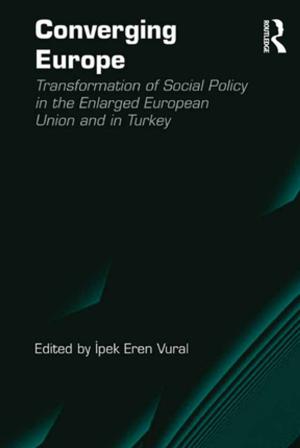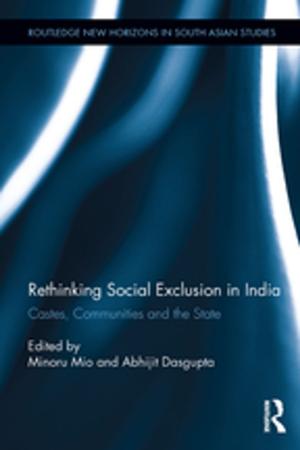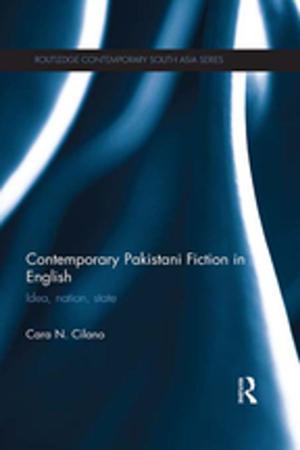Researching Second Language Classrooms
Nonfiction, Reference & Language, Language Arts, Study & Teaching, Education & Teaching| Author: | Sandra Lee Mckay | ISBN: | 9781135604394 |
| Publisher: | Taylor and Francis | Publication: | August 15, 2006 |
| Imprint: | Routledge | Language: | English |
| Author: | Sandra Lee Mckay |
| ISBN: | 9781135604394 |
| Publisher: | Taylor and Francis |
| Publication: | August 15, 2006 |
| Imprint: | Routledge |
| Language: | English |
This text introduces teachers to research methods they can use to examine their own classrooms in order to become more effective teachers. Becoming familiar with classroom-based research methods not only enables teachers to do research in their own classrooms, it also provides a basis for assessing the findings of existing research. McKay emphasizes throughout that what a teacher chooses to examine will dictate which method is most effective. Each chapter includes activities to help readers apply the methods described in the chapter, often by analyzing research data.
*Chapter I, Classroom Research, introduces the reader to major research purposes and research types as they relate to classroom research, the distinction between quantitative and qualitative research, the formulation of research questions and research designs, and ethical issues in research.
*Chapter II, Researching Teachers and Learners, presents research methods that can be used to examine teachers' and learners' attitudes and behaviors: action research, survey research, interviews, verbal reports, diary studies, case studies, and ethnographies.
*Chapter III, Researching Classroom Discourse, deals with methods that can be used to study the oral and written discourse of classrooms: interaction analysis, discourse analysis, text analysis, and ways to examine the social and political assumptions underlying the choice and presentation of content in second language teaching materials.
*Chapter IV, Writing Research Reports, provides guidelines for both thesis writing and journal articles.
Researching Second Language Classrooms is an ideal text for TESOL research methods courses and an essential resource for inservice teachers who wish to undertake classroom research.
This text introduces teachers to research methods they can use to examine their own classrooms in order to become more effective teachers. Becoming familiar with classroom-based research methods not only enables teachers to do research in their own classrooms, it also provides a basis for assessing the findings of existing research. McKay emphasizes throughout that what a teacher chooses to examine will dictate which method is most effective. Each chapter includes activities to help readers apply the methods described in the chapter, often by analyzing research data.
*Chapter I, Classroom Research, introduces the reader to major research purposes and research types as they relate to classroom research, the distinction between quantitative and qualitative research, the formulation of research questions and research designs, and ethical issues in research.
*Chapter II, Researching Teachers and Learners, presents research methods that can be used to examine teachers' and learners' attitudes and behaviors: action research, survey research, interviews, verbal reports, diary studies, case studies, and ethnographies.
*Chapter III, Researching Classroom Discourse, deals with methods that can be used to study the oral and written discourse of classrooms: interaction analysis, discourse analysis, text analysis, and ways to examine the social and political assumptions underlying the choice and presentation of content in second language teaching materials.
*Chapter IV, Writing Research Reports, provides guidelines for both thesis writing and journal articles.
Researching Second Language Classrooms is an ideal text for TESOL research methods courses and an essential resource for inservice teachers who wish to undertake classroom research.
